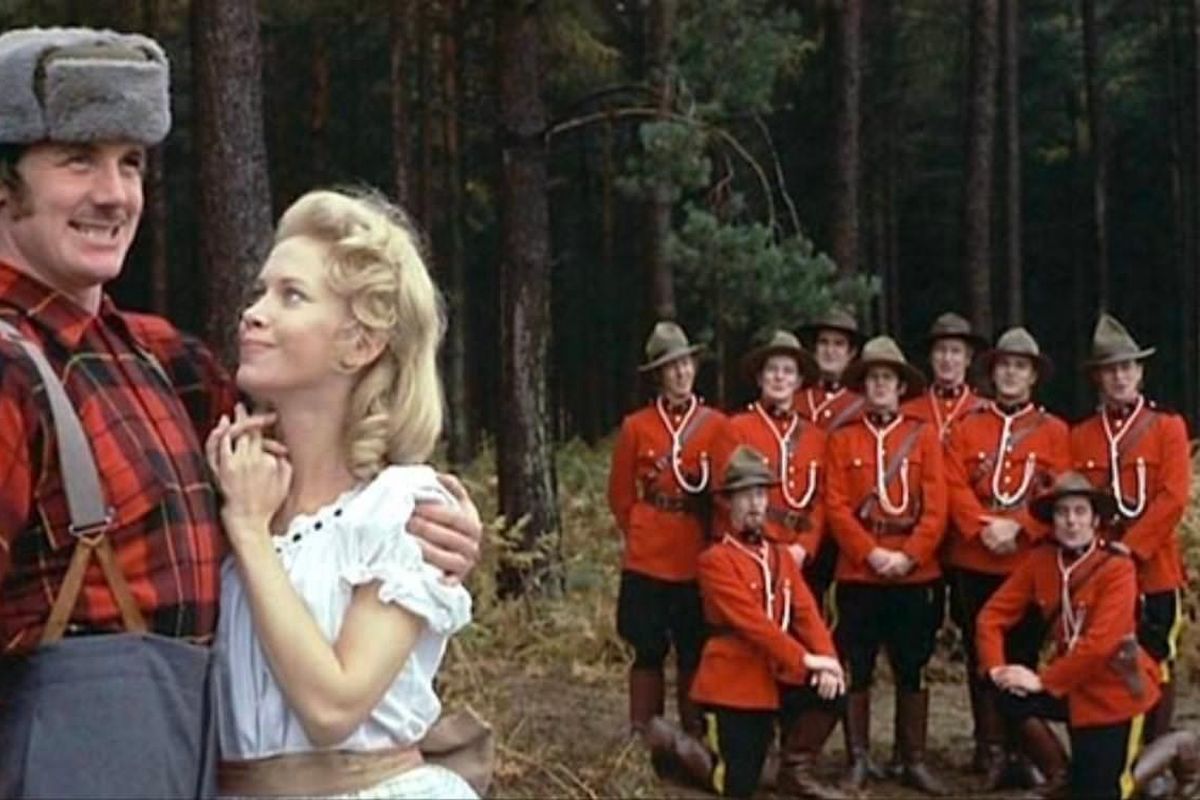Streaming Python: If life seems jolly rotten … look on the bright side of Netflix

And now for something completely different. In 1969, five overeducated British comics and an American illustrator ambushed the BBC with the strangest show in British history. How they got on the air is anyone’s guess but their irreverent writing, ludicrous gags and mix of high culture and slapstick lunacy transformed the sketch comedy show into a stream of consciousness loony bin of absurdity interspersed with outrageous animations.
Though it lasted a mere four seasons and 45 episodes (John Cleese left the show after the third season), “Monty Python’s Flying Circus” developed a cult following in the U.K., the U.S. (it was a rerun staple for decades on PBS), and all over the world, spawned a handful of movies and live tours, and inspired the anything-goes zaniness of Robin Williams and Steve Martin, the absurdist skits of “Saturday Night Live” and “The Kids in the Hall,” and the mix of satire and whimsy of “South Park,” “30 Rock” and “The Good Place.” Graham Chapman, John Cleese, Terry Gilliam, Eric Idle, Terry Jones and Michael Palin all carved out unique individual careers, but they never lived down the mix of sophisticated satire and music hall pratfalls that they unleashed on an unsuspecting public.
Netflix is now home to the complete run of “Monty Python’s Flying Circus” as well as best-of collections, tributes, concert movies and documentaries. If you don’t know where to start, join host Steve Martin in “Parrot Sketch Not Included: Twenty Years of Monty Python” (1989, TV-MA), which spotlights an hour of their most famous sketches. Or dive directly into the series. The genius is there from the very first episode.
Here’s a decidedly subjective guide to the essential Pythons on Netflix, organized chronologically.
“The Killer Joke” (Season 1, episode 1): Joke warfare is a laughing matter all in the troupe’s first small screen masterpiece, a spoof of World War II thrillers and documentaries. Don’t try translating the German spoken onscreen; it’s pure gibberish.
“The Dead Parrot Sketch” (Season 1, episode 8): A primer in pet shop customer service, courtesy of Cleese and Palin. “He’s not pinin’! He’s passed on! This parrot is no more! He has ceased to be! He’s expired and gone to meet his maker! This is an ex-parrot!” Arguably the definitive skit of the troupe, it’s a favorite of live performances.
“The Lumberjack Song” (Season 1, episode 9): Sing it with me, everyone: “Oh, I’m a lumberjack and I’m OK / I sleep all night and work all day / I cut down trees, I skip and jump, I like to press wild flowers / I put on women’s clothing and hang around in bars.”
“The Ministry of Silly Walks” (Season 2, episode 1): Cleese delivers the single greatest physical performance in a Monty Python sketch with his stiff-legged locomotion transformed into an absurdist ballet.
“The Spanish Inquisition” (Season 2, episode 2): “Nobody expects the Spanish Inquisition! Our chief weapon is surprise. And fear. Our two weapons are fear and surprise… and ruthless efficiency! Our three weapons…”
“Spam” (Season 2, episode 12): Python’s paean to British café food and the show’s classic Viking chant.
“The Fish-Slapping Dance” (Season 3, episode 2): 20 seconds of pure Python absurdity.
“Argument Clinic” (Season 3, episode 3): Logic and reason disintegrate in the face of pure, reflexive contradiction. Not only hilarious, this skit has is a handy teaching tool in the mechanics of debate and verbal engagement.
“The Cheese Shop” (Season 3, episode 7): Palin and Cleese are at it again. Erudite customer Cleese attempts to purchase some cheesy comestibles from proprietor Palin. Another classic revived in live shows and recordings.
“Dennis Moore” (Season 3, episode 11): A treatise in economics by way of a Robin Hood parody. “This redistribution of the wealth is trickier than I thought.”
“Four Yorkshiremen” (“Monty Python: Live at the Hollywood Bowl,” 1982, R): Chapman, Idle, Jones and Palin are old codgers one-upping each other with stories of youthful hardship. Never performed in the series but a staple of their live shows.
“Monty Python’s Life of Brian” (1979, R): No, this is no skit but a feature film, arguably their finest and easily their most notorious. The historical lampoon about a nice Jewish boy (Chapman) mistaken for the messiah mercilessly satirizes religious fanaticism and was banned in some countries for blasphemy. It also introduced the instant classic song “Always Look on the Bright Side of Life.”
Extra credit: “Monty Python’s Almost the Truth” (2009, not rated): This six-hour series charts the history of the troupe from series to movies and concludes a touching tribute to Chapman marked by (in their own words) “very little reverence and a lot of laughs.” It’s filled with great clips and some very frank interviews with the five surviving members but is really for die-hard fans only.